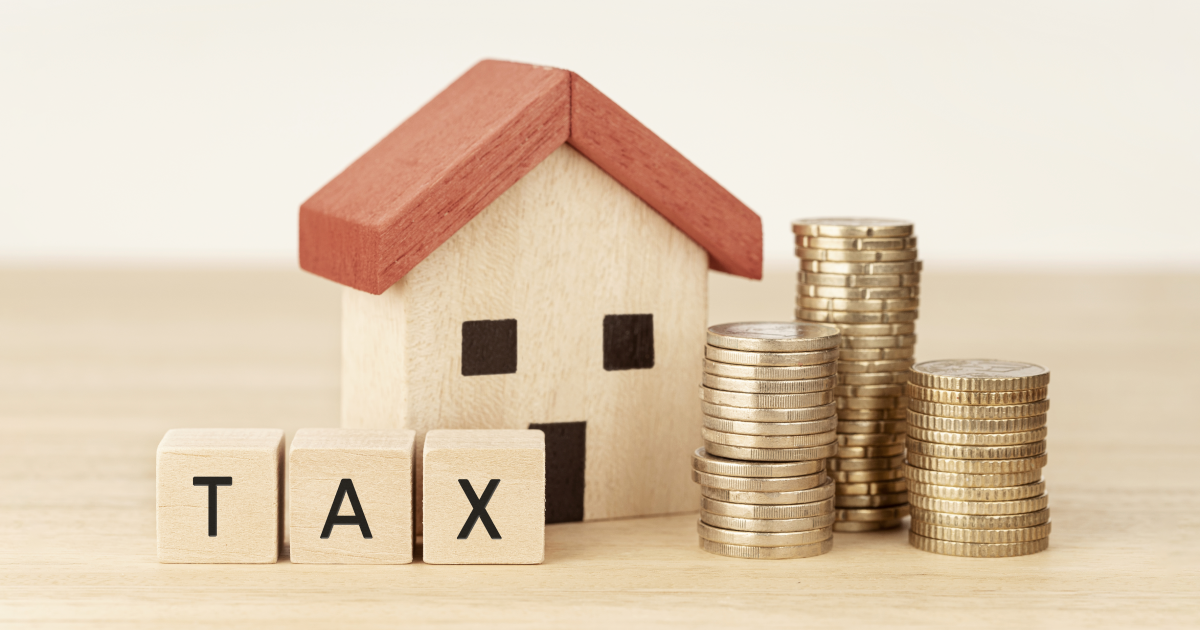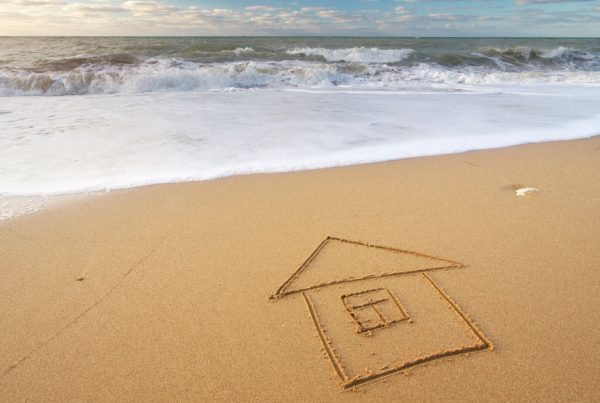Something that we must always be aware of, and about which we must be perfectly informed, is the taxes that we have to pay when we want to sell a property.
This step is essential when we want to know the exact profit that the operation can bring us, even save or set aside that money if we have in mind to make a purchase immediately after the sale, to adjust the selling price of the property or home.
Below, we tell you everything you need to know.
Why is it important to have a specialised lawyer to carry out the sale?
As we have told you on other occasions, and many of you have experienced it first hand, any procedure that you want to carry out in Spain ends up being quite complex. Apart from the language issue, if there is no in-depth knowledge, the Spanish administration is really complex.
In our case, there are many clients who use our services when they wish to sell a property from abroad.
The advantages of having a solicitor to manage the whole process include the completion of all the necessary administrative formalities and the payment of taxes once the price has been agreed and the property has been sold.
What taxes do we have to pay once the property has been sold?
In this case, we must differentiate between residents and non-residents in Spain.
It is very important to bear in mind that, when the seller is a non-resident, the buyer is legally obliged to withhold 3% of the sale price and deposit it with the Tax Agency in order to cover the possible payment of capital gains tax on the sale of the property.
In this case, it is up to the seller to calculate the ACTUAL CGT, i.e. the equivalent of 19% of the profit from the sale, and to file the so-called “Form 210”. This form must be filed within 4 months of the date of sale, otherwise penalties for delay may be imposed on the vendor.
Once submitted, the following should be noted:
- If the ACTUAL CGT is less than 3%, you can claim back the difference.
- If the ACTUAL CGT is higher than the 3% withheld, you must pay the difference.
In the event that the circumstances for claiming the 3% refund from the Tax Agency are met, the seller must take the following into account:
- The seller must be up to date with the payment of the Non-Residential Tax for the last 4 years.
- The refund will be made by the Tax Agency directly into an account in the seller’s name, and therefore the seller must provide proof of ownership of this account (bank statement or similar, showing his name as the account holder and the IBAN) when applying for the refund.
- The deadline for the refund is 10 months from the date of sale.
If the seller is a tax resident in Spain, then 3% is not withheld on the sale, but the seller must declare the sale and the possible gain or loss in the following year’s IRPF filing.
What is the “Plusvalia” and who has to pay it?
The “Plusvalia” tax is a special local tax payable to the local council where the property is located. In theory it is levied on the increase in value of the land on which the property is built from the time it is bought until it is sold, but in practice its calculation depends on complicated formulae based on the cadastral value of the land.
Where the seller is a non-resident, the buyer may be obliged to pay it if the seller does not, so in practice the buyer will also withhold from the sale price the amount necessary to cover the payment. If the seller is a tax resident in Spain, then the buyer will not be obliged to pay, so no money will be withheld from the sale price, but in any case, the seller will have to pay it.
In this sense, it is important to know that, based on the Law of November 2021, in case of a sale with losses, it will not be necessary to liquidate the Plusvalia. However, in any case, it must be presented at the Town Hall and both title deeds must be attached.
In addition, based on this law, 2 different methods are established to calculate the Plusvalia: one by coefficients depending on the time and a second one based on the difference between the sale and purchase price.
The seller can apply to the Town Hall for the one that is most beneficial.
However, it is advisable to discuss with your lawyer the possible Plusvalia to be paid and whether you are entitled to claim it back from the town hall.
Can I have any other money withheld?
Despite being up to date with the payment of all utility bills, there are always small amounts to be paid, usually from the last bill to the amount corresponding to the exact date on which the sale is made official. It is very common that the buyer may withhold a smaller amount of money to cover possible non-payments corresponding to these dates due to some problem or oversight in the new direct debits of the bills.
Likewise, it is possible that in the purchase-sale there may have been some outstanding payment, for example, a mortgage or a seizure. The buyer will also retain the amounts necessary to ensure the correct registration and cancellation of any outstanding issues.
MAM Solicitors has over 30 years experience in the sale and purchase of property, in particular representing buyers and sellers whose residence is outside Spain so that they do not have to worry about legal and administrative formalities.
If we can help you, please do not hesitate to contact us.







